My friend group has been having a recurring conversation about how to structure your life. My friends are all writers, so the topic has focused on writing; specifically that if you are a writer, everything in your life should be in service of writing.
Despite the fact that my day job is writing (I’m a journalist and editor), I don’t really think of myself as a writer. Ignore the fact that during my most productive months, I’m churning out 20+ researched articles. Maybe it’s because I’ve struggled with fiction writing for so long, caught in the riptide between desire and ability. Or maybe it’s because so many of my friends are genuinely, unambiguously, published fiction writers, and I’ve had a front row seat to their passion and success. Something in my brain has told me that, despite being gainfully employed as a journalist for over 10 years, I have not earned the title of writer. I haven’t earned my bones.
Here is where I admit that I hate reading about writing. I hate talking about writing. My friends recommend these beautiful books about craft and I make the stinky cat face. On Substack, I am surrounded by people talking about the act of creation, and I feel both left out and uninterested. Does it mean I don’t want it enough? Does it mean I’m a faker? Does it mean that I’m actually just a douche who never grew out of being a high school bully, swooping in to mock people who earnestly love things?
Last month, I had a moment of clarity. To quote the therapists, I needed to reframe. Writing for me as has never been an act of art and creation. It’s been an act of exploration; a vehicle to share my knowledge. For me, writing is the output of learning.
I spent most of April learning. While in Nashville, I experienced several tornado warnings and got a crash course in citizen meteorology and the realities of tornado alley. I also got extremely into snails after learning about their teeth. As part of my master naturalist training, I took several field trips that caused learning spirals about how cute the northern hogsucker fish is1, and whether Shrek’s swamp is actually a swamp, or a different kind of wetland. I put together a papabili bracket, because pope picking season is my absolute favorite event. I learned about robin nesting habits, because one took up residence in my family’s umbrella, and I learned how to use a dichotomous key to identify a racoon skull. I briefly got into snakes, because I found a snake shed near my house, and I did a deep dive on the herbs that can be used to brew tea, because I am trying to become Uncle Iroh. I got in a fight about invasive snails. I spent a lot of time thinking about tuberculosis and cholera. (Thanks, John Green.)
Unfortunately for you all, I will be writing Substack issues about both the pope and swamps this month.
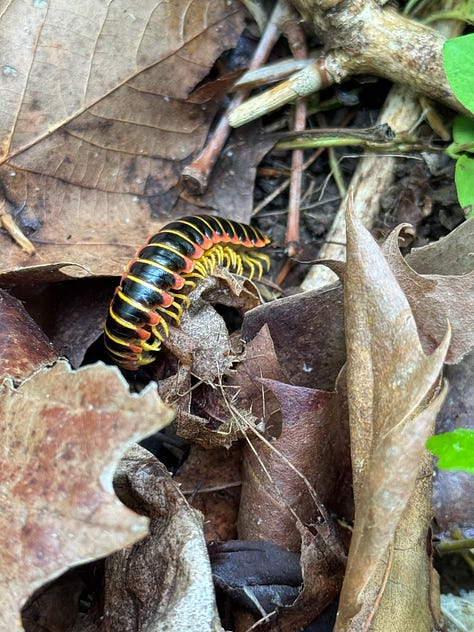
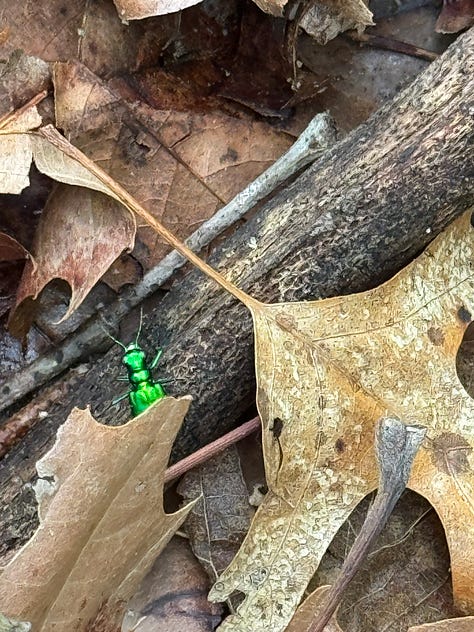
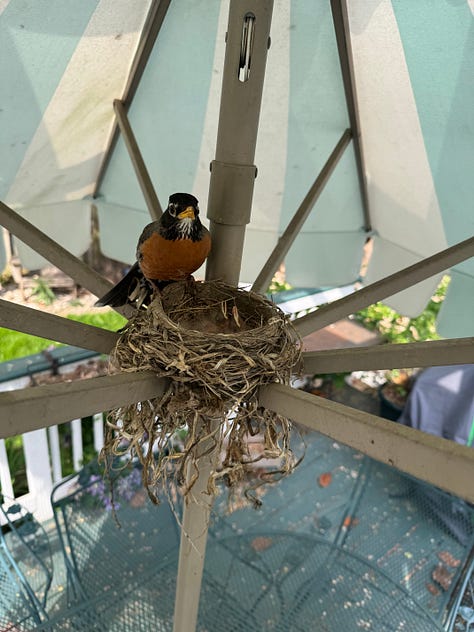
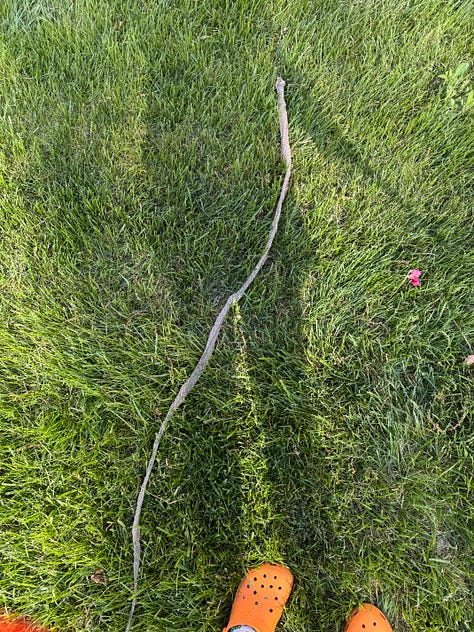


All of these learning experiences have turned into stories: told orally, turned into Substack articles, or woven into the narrative fabric of the fiction book I’m forcing myself to write.
As I beat myself against the wall of productivity, creative output and life purpose, I am trying to use all my small April adventures as a reminder. It’s okay if I don’t feel like a writer: I’m a learner.
That makes me feel like a lot less of a loser.
And now, because it is the beginning of a new month, and because I have promised myself I will commit to regularly publishing this Substack, even if I feel uninspired, and because reading is the ultimate act of learning, I present a roundup of what I read last month.
A Sand County Almanac by Aldo Leopold
Considered one of the “must-read” ecological books, this book is a collection of essays written by naturalist Aldo Leopold. I was told to read this for my master naturalist program, because the book is not only lovely, but advocates the concept of land ethics, or the responsibility that people have to the land they inhabit. While some of the essays focus more on hunting than I’d like, I would really recommend this book for anyone interested in an easy, thought-provoking study of nature, and how conservation often feels at odds with nature. If you move in conservation circles, you’ve likely heard one of the most famous quotes from this book:
"A thing is right when it tends to preserve the integrity, stability, and beauty of the biotic community. It is wrong when it tends otherwise."
The Unworthy by Augustina Bazterrica
I was not sure what to expect after reading Bazterrica’s previous novel, Tender is the Flesh. Tender is bonkers and fucked up and political and The Unworthy felt…unworthy of that legacy? It’s a hard book to review, because I truly enjoyed it. In a climate-created dystopian future, the narrator has found refuge in a cloistered religious order that believes suffering and punishment is the way to purity. She goes along with this, until a new sister enters the order and makes her reflect on her life’s journey. The writing is delicious, and I will never not love a feral, nasty little religious book. But I think I wanted something more from it than it was willing to give, and that’s okay. I still rate it 4 stars.
Everything is Tuberculosis by John Green
If you have been on a dog walk with me in the past month, odds are good I’ve talked about tuberculosis. John Green has infected me with his obsession, which he lays out beautifully in this micro history about a disease that shaped history. He goes from historical trivia (the Stetson hat exists because of TB!) to an incredibly personal, modern account of a young man who has lived with TB most of his life. Until I read this book, I had no idea that TB was still such a prevalent problem—and one that the global community has the ability to handle. We’ve just decided not to. I highly reccomend it, and want John Green to write more microhistories like this.
A Duke Never Tells by Suzanne Enoch
I needed to wash down TB by returning to TB times with a historical romance. Suzanne Enoch is one of my default histrom authors, and this book in particular is the worst kind of Shakespearean mistaken identity nonsense. A woman wants to meet her future husband, a Duke, so she pretends to be a lady’s maid. Shows up at his house, and he pretends to be a butler. Yada yada hijinx. It was a nice break from being depressed about global health.
Greenteeth by Molly O’Neill
In the spirit of cozy fantasy, this book follows the story of Jenny Greenteeth, a lake hag who saves a witch from drowning. Together, they form an unlikely friendship, and set out on an even more unlikely quest to save the world. This book has low stakes and follows the classic cadence of a fairy story, so there’s no surprise in the plot—but Jenny herself is a lovely and very relatable character, even if she is a lake hag.
Blackblood by Kree Sullivan
This is a biased review, because this is my best friend’s book, and I feel like a proud, overbearing aunt. Blackblood follows a smuggler, a mage and a soldier/librarian on a journey of redemption, heists and anarchic activism. It’s a book about magic, about two lesbians on the open road, and the ways that we can be complicit in atrocities, while trying to correct them. It’s also a book about grief and the loss of a parent. And emotionally stunted queers taking a roadtrip. It’s not as heavy as it sounds, I promise. It’s actually a goddamn delight, in the vein of Mad Max or Six of Crows.
The Unmagical Life of Briar Jones by Lex Croucher
This book is not out yet, and this is a brag. I was lucky enough that my friend, actual Professional Writer Lex Croucher let me read an early draft. Reader; I am obsessed. It asks a very important question: wouldn’t a secret magic school actually be a terrible fucking place to go? Naomi Novik’s Scholomance series is a fantastic take on this, presenting the idea that a magic school is probably a death wish. Lex takes that a step further, suggesting that magic doesn’t just provide wimpy, it provides power and privilege—and power and privilege always comes at the expense of others.
Briar Jones will be released next year, and buckle up kids. It’s funny, it’s heartbreaking, it’s tender and also enraging. It’s my favorite thing Lex has ever written, and it’s going to be big.
A Psalm for the Wild-Built, and A Prayer for the Crown-Shy by Becky Chambers
These are two shorties within the same collection, which follow the adventures of a tea monk and a robot in a kind of solar-punk, ecological utopia future. It sounds complex, but these books are deeply simple. The characters and the setting are just set dressing for the very relatable question at the heart of the story: what do humans need? I listened to these both in an afternoon while cleaning my patio, and they felt like a lovely little hug. They’re also an excellent entry point to ecological principles and naturalist conversations, and I keep telling people that they’re the perfect book to give to a twelve year old who likes bugs, or a thirty-year old who doesn’t know what to do with their life.
The Tomb of Dragons by Katherine Addison
This is the third installation in the Cemeteries of Amalo series. I know only one other person who has ever read this series, but it is set in the same universe as The Goblin Emperor, which is a beloved fantasy staple for people who like beating their heads against the wall, and then getting hugged and given tea. Addison weaves depression and compassion together beautifully in this series, which follows (essentially) a depressed, gay elf priest who can talk to the dead, and is functionally a crime noir detective. It’s hard to explain these books in a way that feels compelling, especially since a key plot point in The Tomb of Dragons is that a bunch of characters clean an office. But it was a lovely end to a series that has kept me company for four years, and I will probably go reread the Goblin Emperor now.
When the Tides Held the Moon by Venessa Vida Kelly
Here is where I admit that I am lying: I did not read this book in April. I read this book maybe two years ago, but it was released at the end of April and I cannot not talk about it. If you also consider yourself a learner, then Tides is a veritable feast. We follow a young Puerto Rican immigrant in turn of the century New York as he finds himself employed at a Coney Island freakshow, and charged with the kidnapping and keeping of a real-life merman. Venessa’s story is magical and deeply realistic, whimsical and heartbreaking and beautiful on every level. You will learn so much about Coney Island, theme parks, freak shows, and Puerto Rico. You will learn new ways to express love.
I can’t say enough about this book except for: read it.



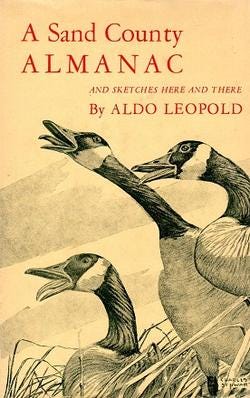
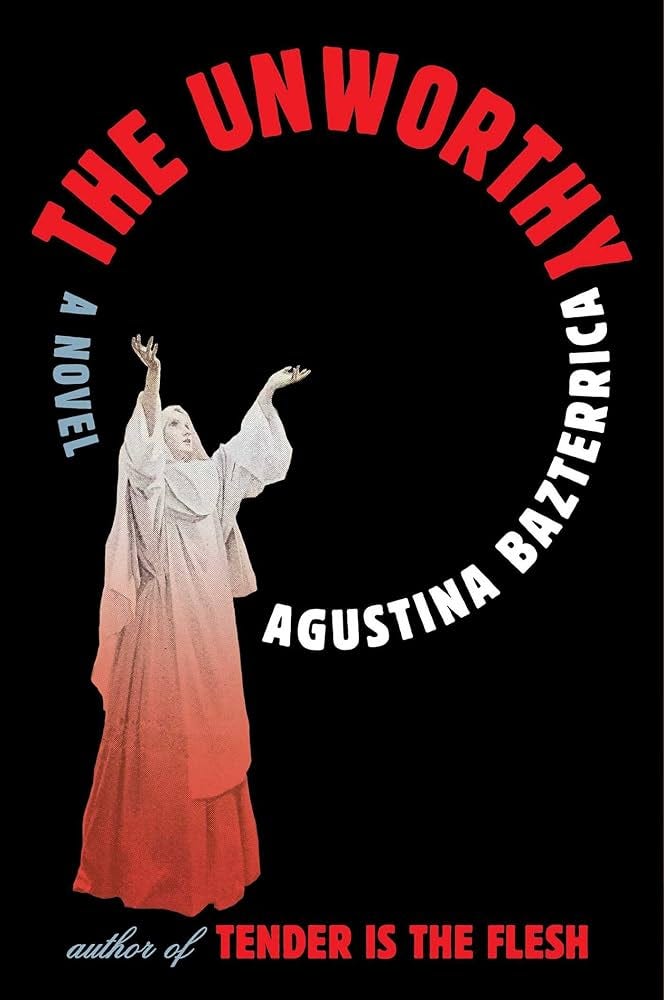
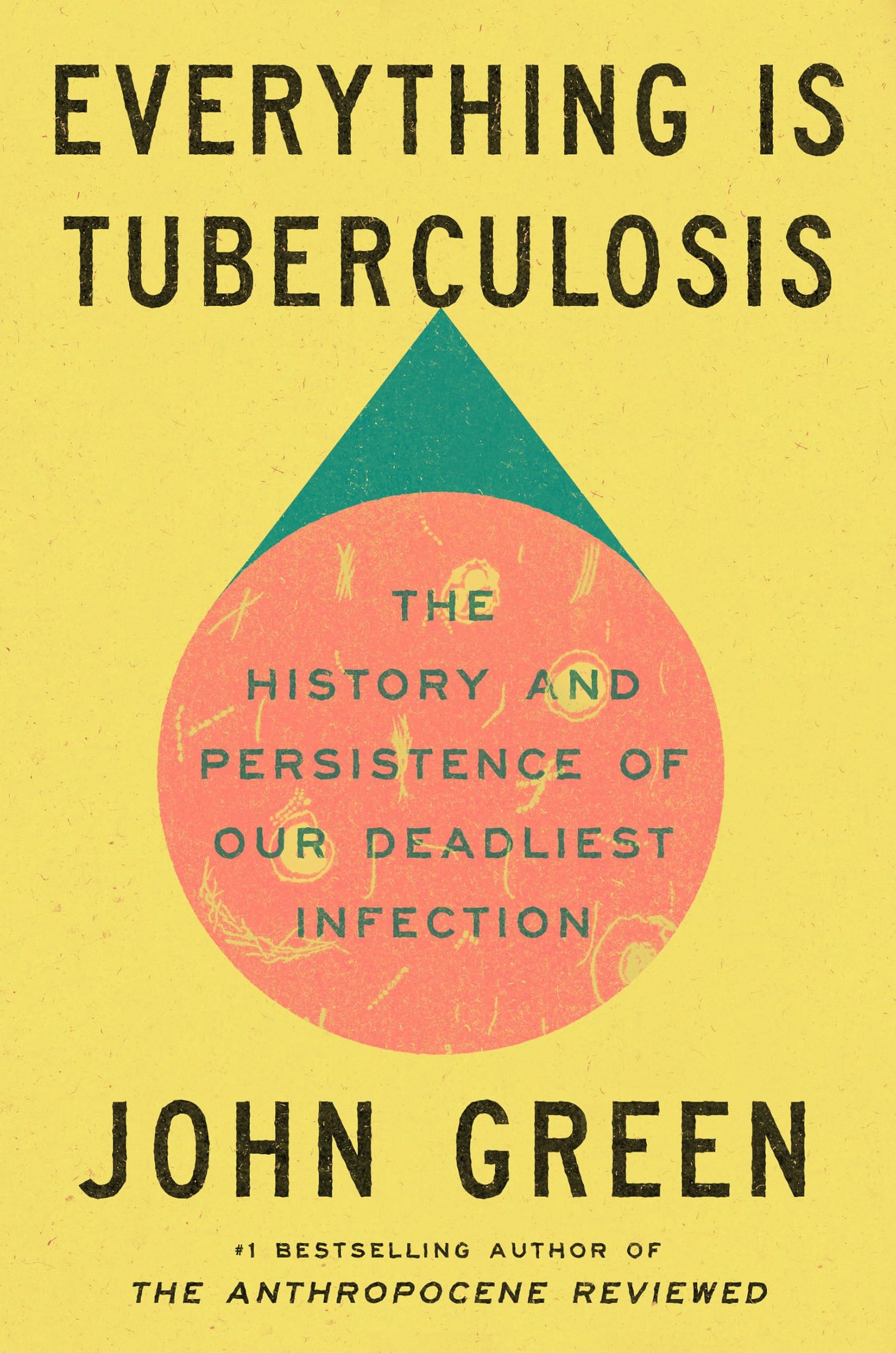
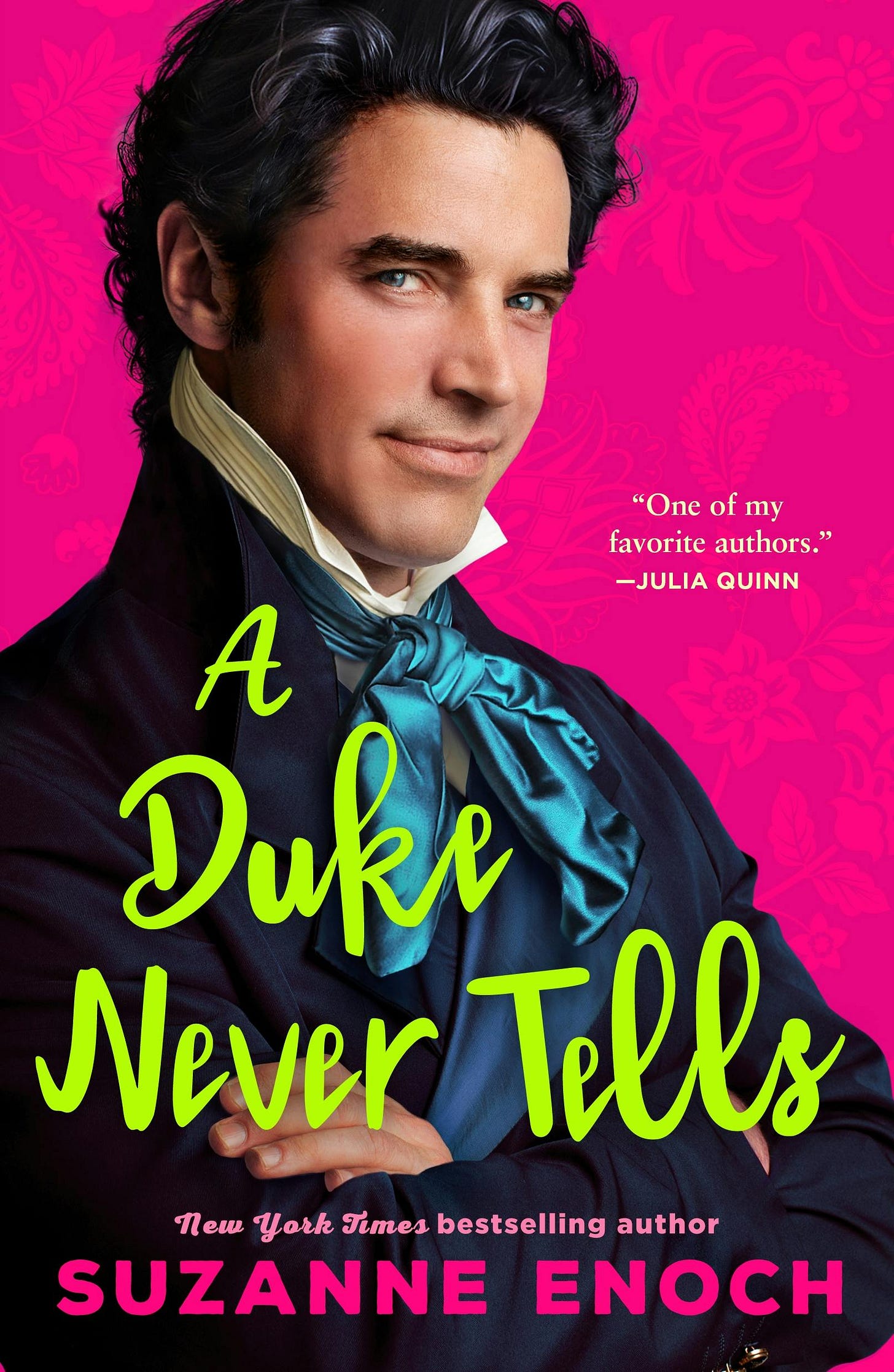
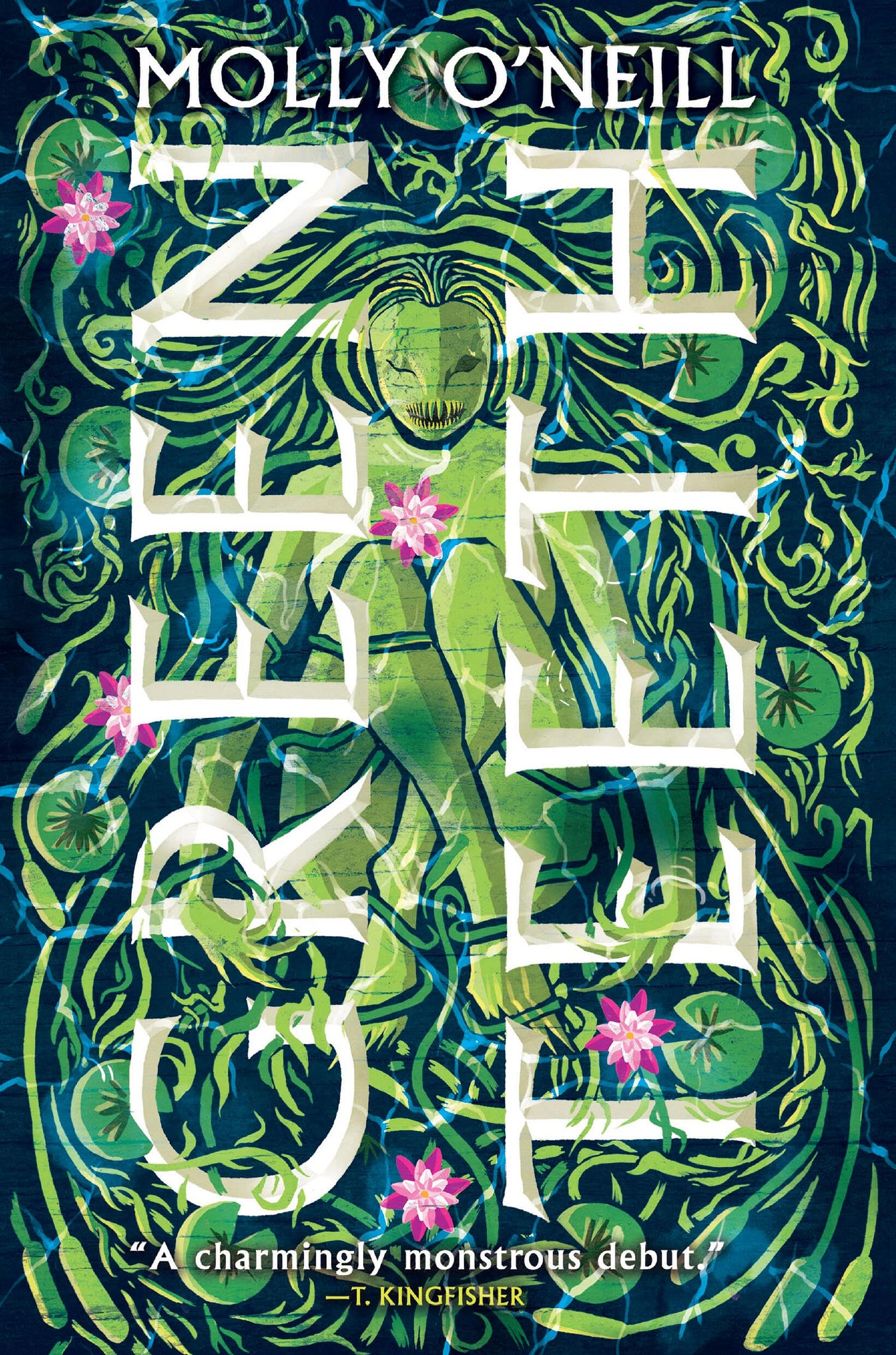
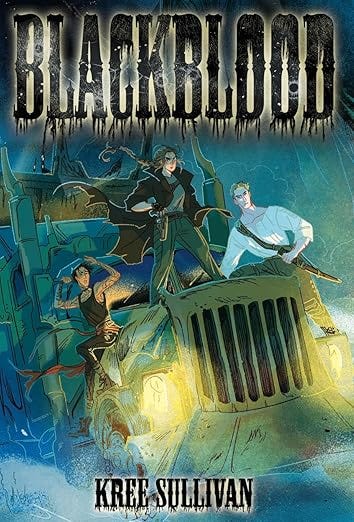
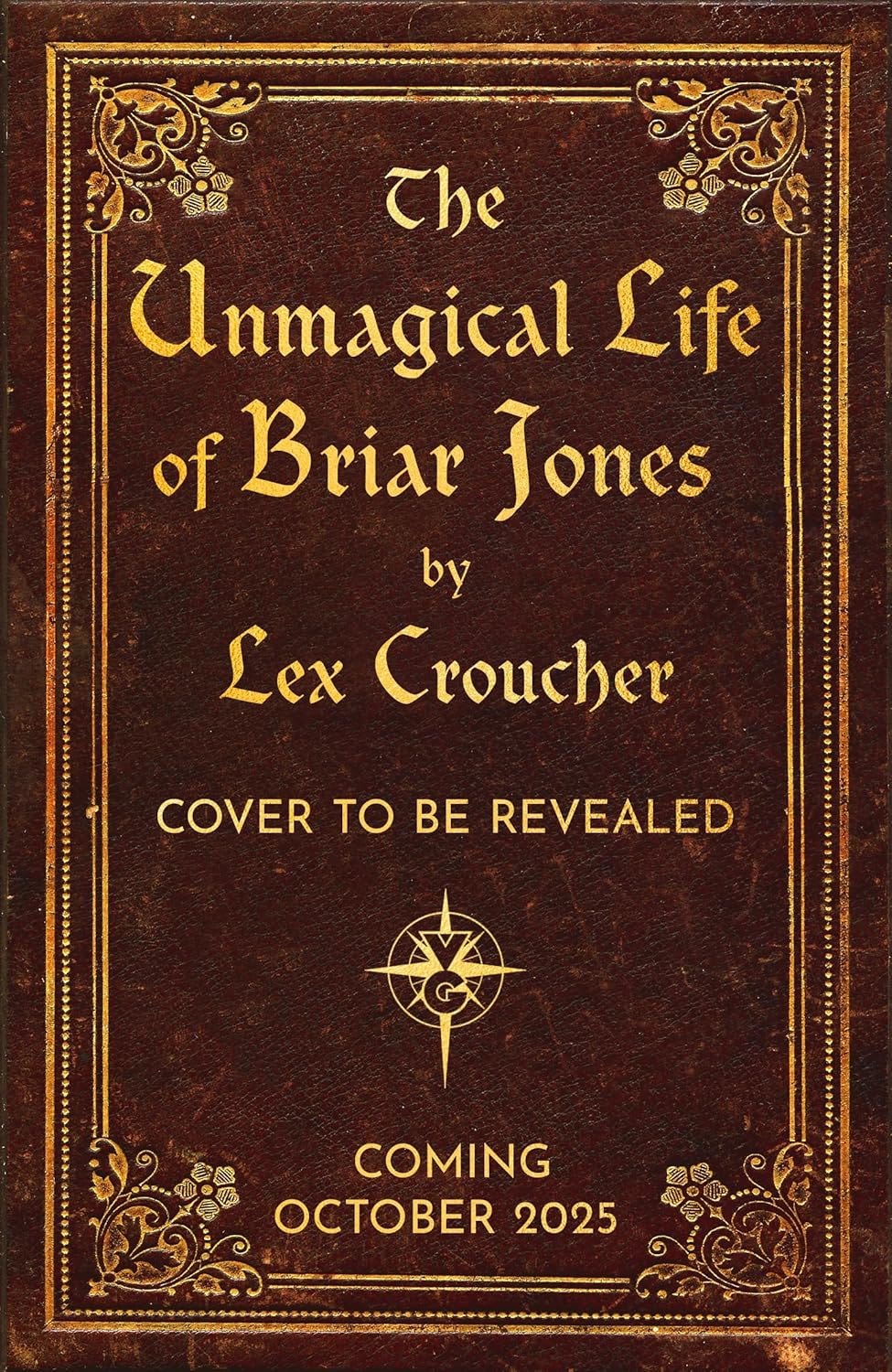
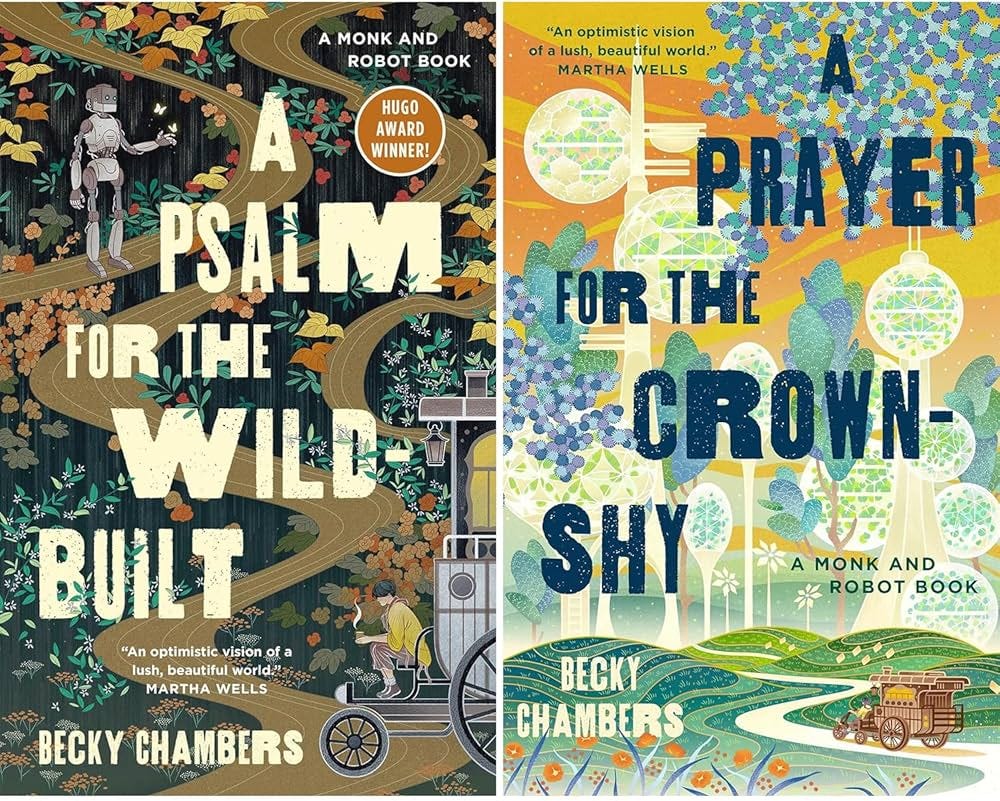
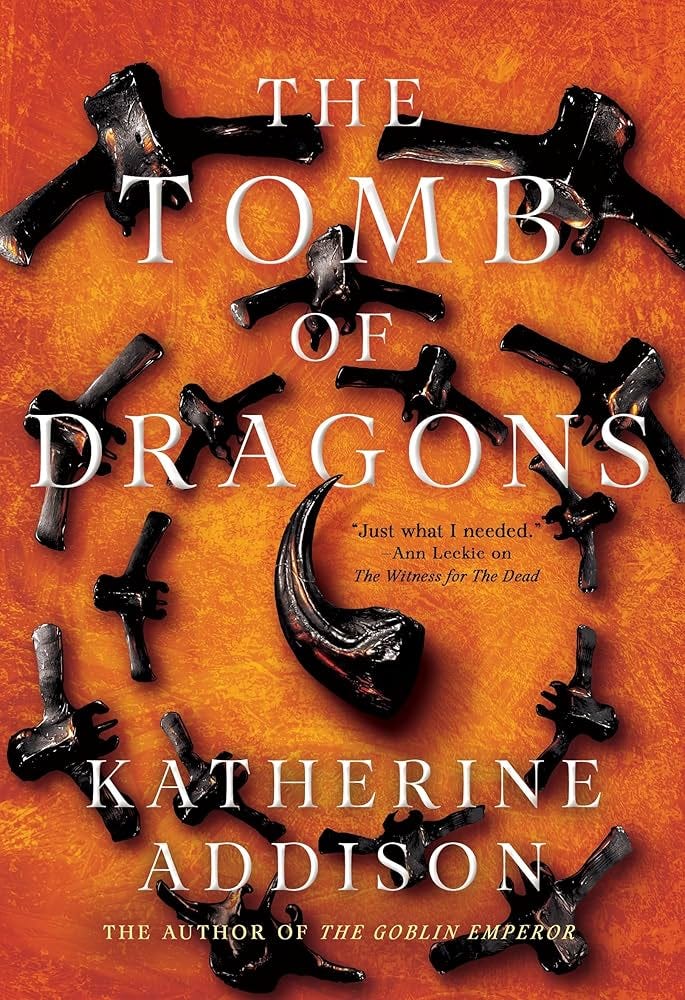
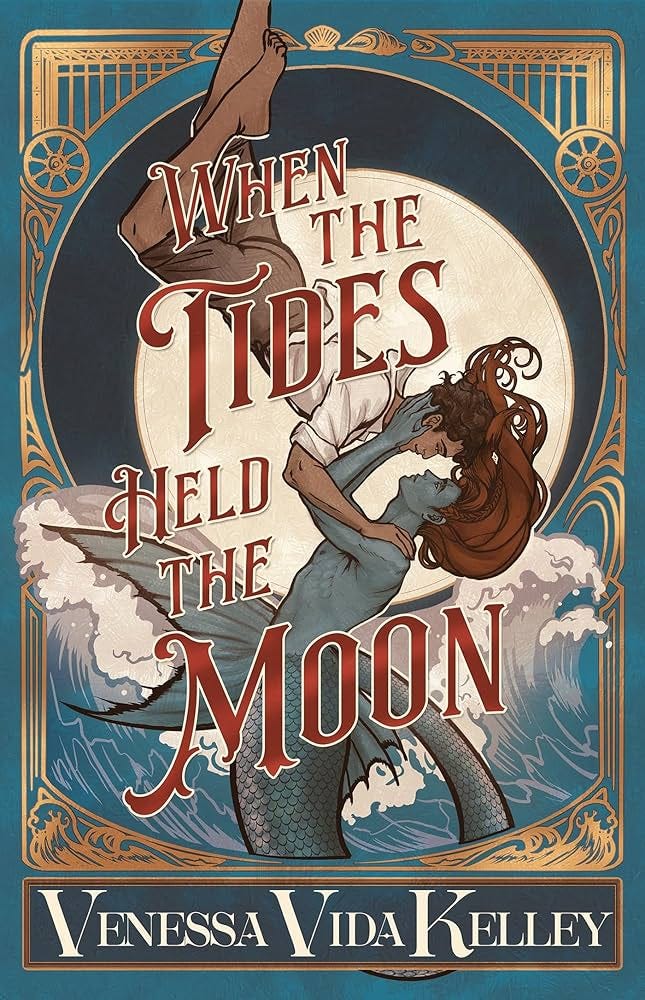
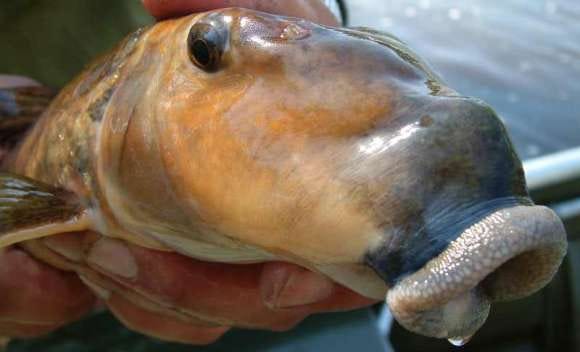
1. That fish is freaking adorable.
2. Everyone should aspire to be Uncle Iroh in their own way.